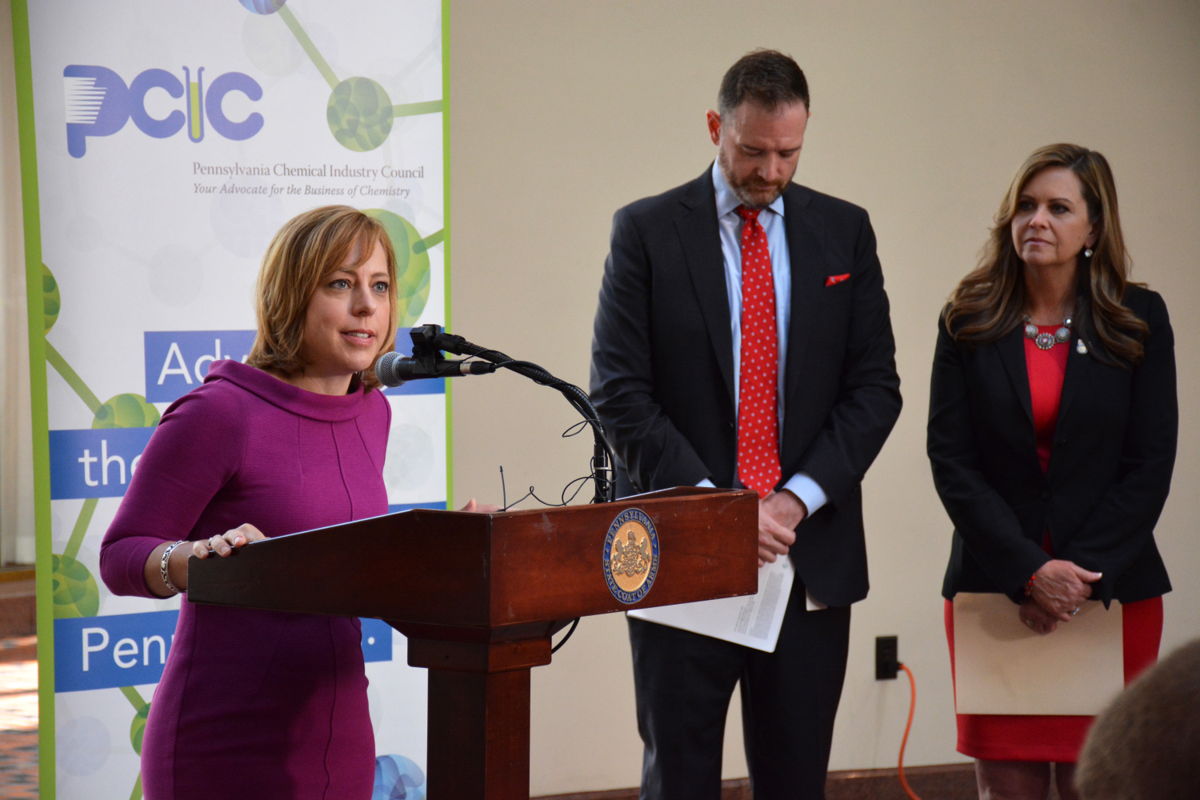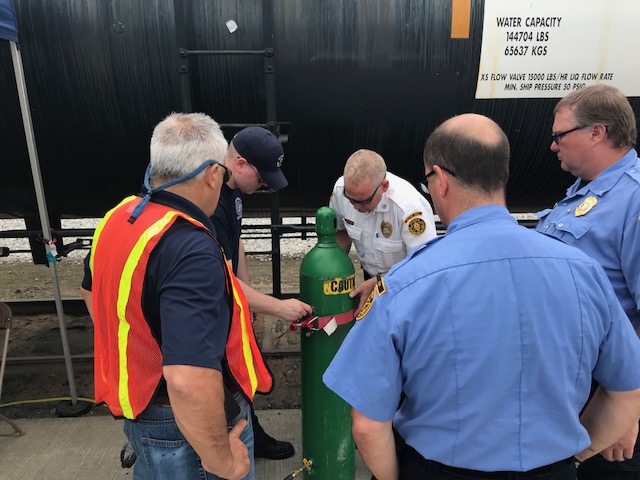Chemical industry applauds officials for leadership in advancing the development of an ethane storage hub
Harrisburg, PA (June 5, 2018) – This week, members of the Pennsylvania General Assembly, led by Sen. Camera Bartolotta (R-Greene/Washington) and Rep. Jim Christiana (R-Beaver), demonstrated their commitment to maximizing the potential of the Marcellus and Utica Shale formations by introducing a resolution to support the establishment of an ethane storage hub in the Appalachian region.
The resolution calls for the expedient passage of several pieces of federal legislation and policies to support the storage hub’s development.
“Pennsylvania has the assets to be a strong player in the global plastics market, and the Shell Polymers plant investment is a signal to industry that Pennsylvania is open for business,” Bartolotta said. “This resolution demonstrates our support for continued momentum in capitalizing on the commonwealth's energy resources long term and ensuring we’re putting natural gas to work for the people of Pennsylvania. The development of an ethane storage hub in the Appalachian region would build a strong foundation for future investments.”
According to “The Potential Economic Benefits of an Appalachian Petrochemical Industry,” a study commissioned by the American Chemistry Council, the region contains enough natural gas liquids feedstock to attract $35 billion in new chemical and plastics industry investment. Investments of this scale could create 100,000 jobs, $28 billion in new economic output, more than $6 billion in annual payroll, and nearly $3 billion a year in federal, state and local tax revenue.“Shell’s investment was the first of many to produce the next generation of industrial and economic prosperity for western Pennsylvania,” Christiana said. “I was proud to play a role in bringing industry, labor and government to the table to make that a reality. That investment started with a conversation, and we need to continue those conversations and efforts to solidify the sustained and diversified benefit of building out markets around the state’s energy resources.”













